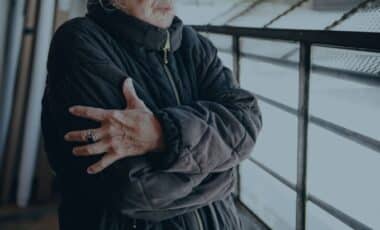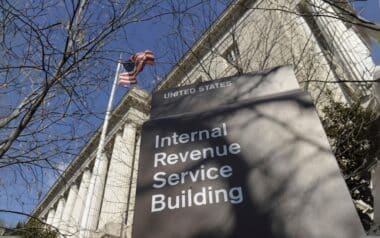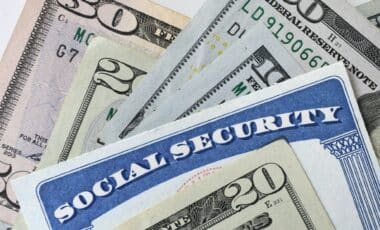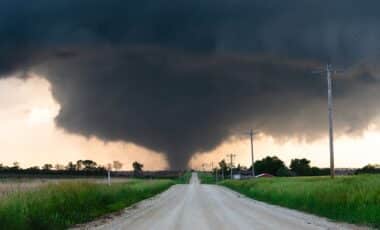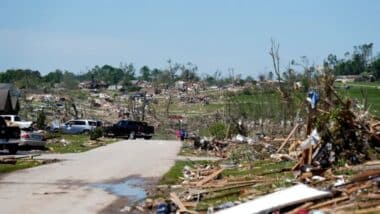Trump’s $175 Billion ‘Golden Dome’ to Launch Space Weapons Within Three Years
A new chapter in space defence is taking shape under Trump’s Golden Dome—a $175 billion project to counter advanced missile…
Timeline
Join our social media
For even more exclusive content!
Economy

Newsletter


